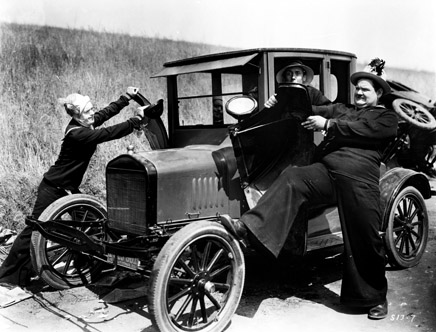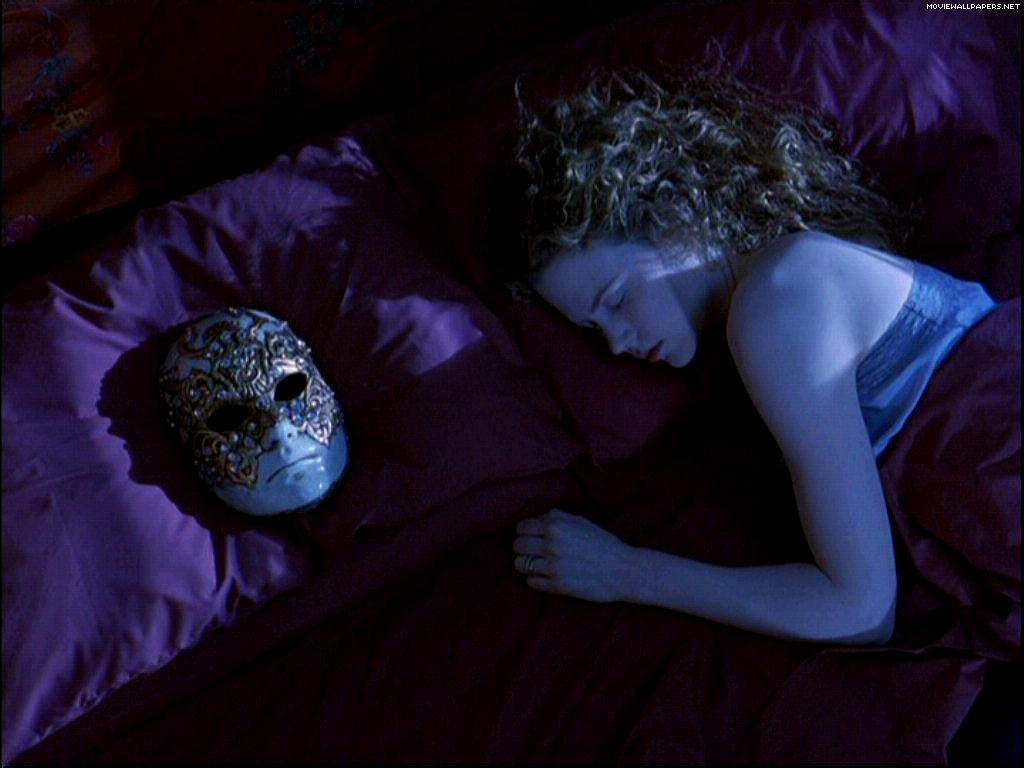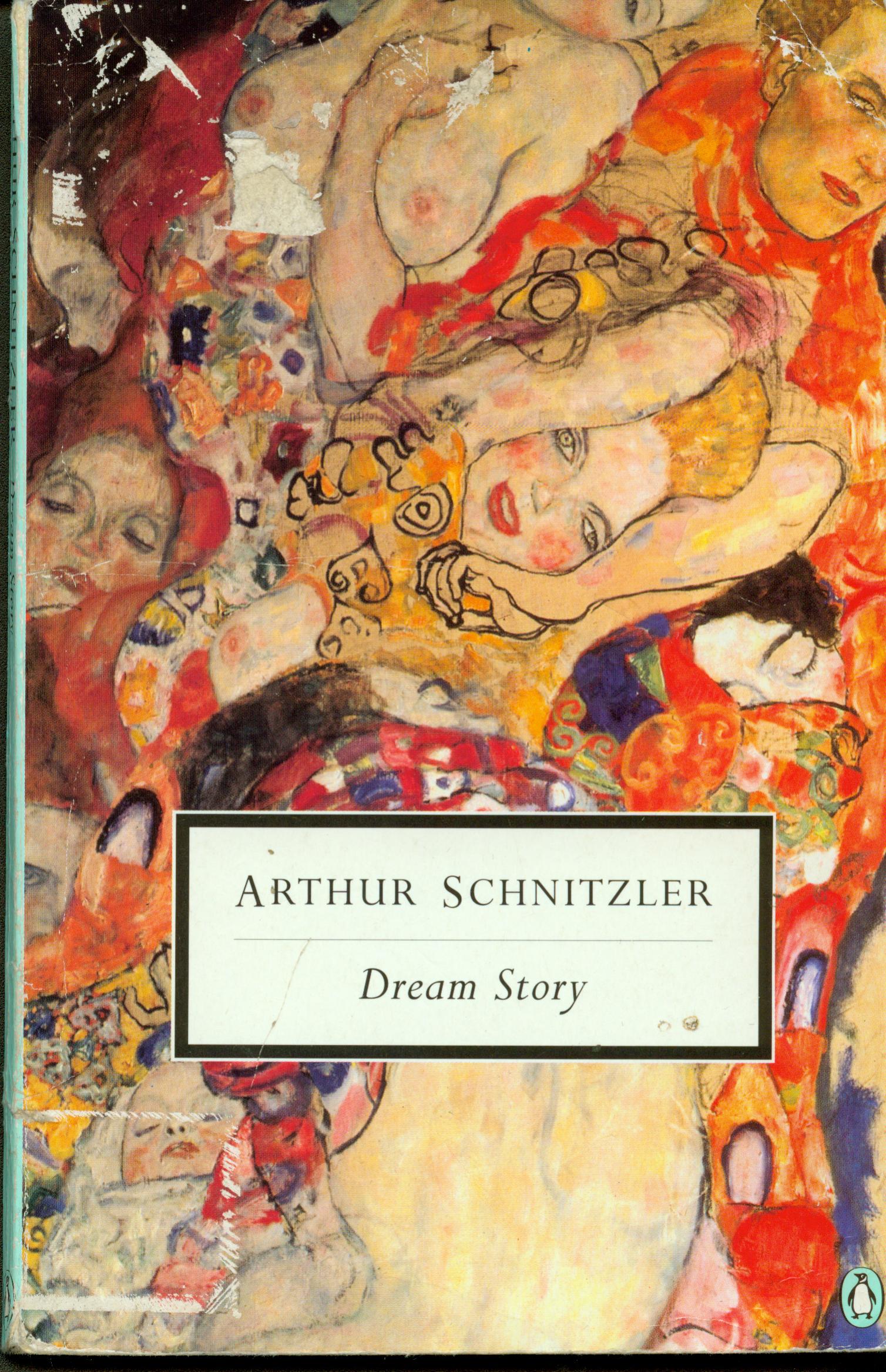Three Comedies & Two Cartoons
Written for The Unquiet American: Transgressive Comedies from the U.S., a catalogue/collection put together to accompany a film series at the Austrian Filmmuseum and the Viennale in Autumn 2009. — J.R.
SHERLOCK JR. (1924)
In Buster Keaton’s masterpiece, which he directed
solo, he plays a lovesick movie projectionist who
climbs into the movie screen to solve a crime, walking
through several different kinds of movies and
landscapes in the process. Not simply a charming
dreamlike fantasy, this is also a lovely piece of
Americana circa 1924.
TWO TARS (1928)
A better-than-average Stan Laurel and Oliver Hardy
short about two sailors (or «two tars,» according to
the slang expression) on leave and their dates culminates
in an epic grudge match occurring in the midst
of an endless traffic jam, making this extravaganza
the ideal companion-piece to 1941. Supervised by
Leo McCarey and filmed by none other than
George Stevens, this was directed by Laurel and
Hardy regular James Parrott.
THE MUSIC BOX (1932)
Perhaps the greatest of Stan Laurel and Oliver
Hardy’s sound shorts (1932), which won them
an Academy Award, is a half-hour epic of sorts,
most of it devoted to their torturous efforts to deliver
a piano to a hilltop home. Read more





